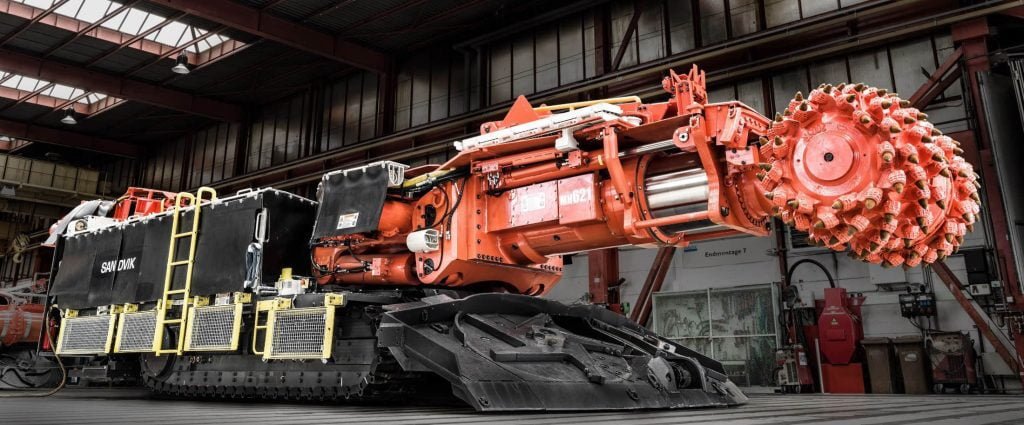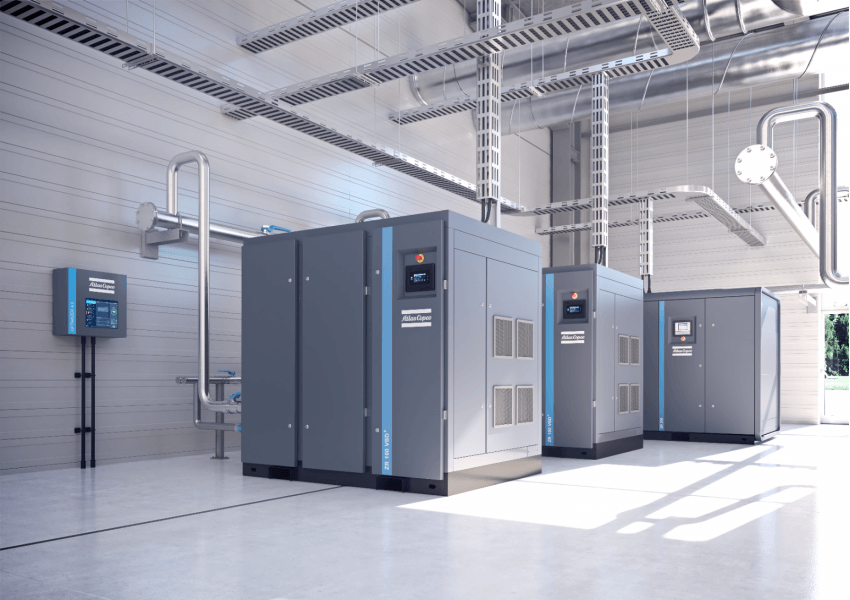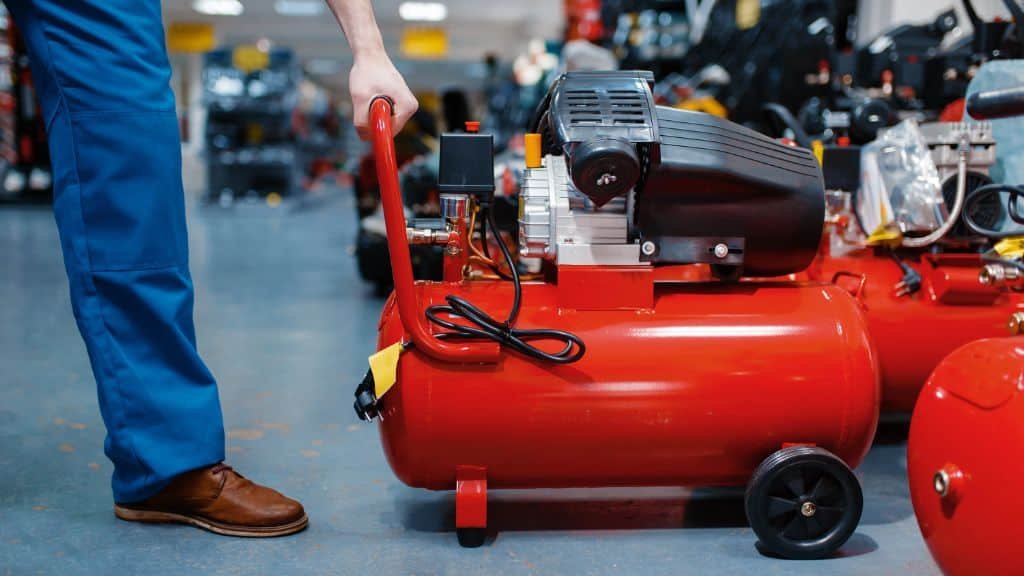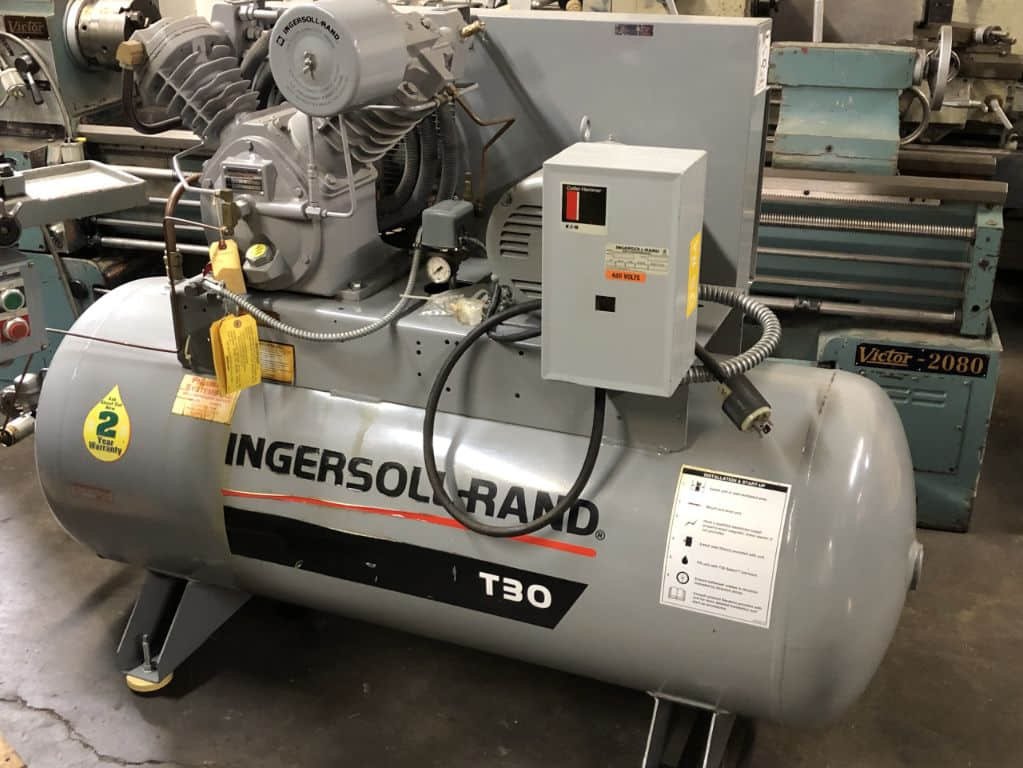Purchasing an industrial air compressor is a significant investment and requires careful consideration. Here are some quick tips to guide you in making the right choice.
Key Considerations
- Air Demand: If you already have a compressor that you’ve outgrown, use it as a baseline and add how much more capacity you need. If you don’t have a current compressor, figure out your needs and add 15-20% for future growth. If you’re downsizing, installing a flow meter to measure the demand can help you size the compressor accordingly.
- Voltage: Confirm the voltage available for a compressor. If unsure, have an electrician measure the voltage in the compressor room. Ordering a compressor with the wrong voltage can be a costly mistake.
- Technology: Choose the right technology for your application. Piston air compressors are great for light-duty applications as they need to shut down periodically to cool down. Rotary screw air compressors are 100% duty cycle, meaning they can run for extended periods without any need for downtime.
- Shipping Details: Confirm all shipping details with your supplier, including your receiving hours and whether your business has a loading dock. Freight companies generally charge more for lift gates and for reassignments.
Conclusion
Buying a new industrial air compressor involves several considerations. Understanding your air demand, available voltage, the right technology for your needs, and shipping details can help ensure you make the right choice.
FAQs
Q1: How can I determine my air demand when buying an industrial air compressor?
A: If you already have a compressor that you’ve outgrown, use it as a baseline and add how much more capacity you need. If you don’t have a current compressor, figure out your needs and add 15-20% for future growth.
Q2: What is the difference between a piston air compressor and a rotary screw air compressor?
A: Piston air compressors are great for light-duty applications as they need to shut down periodically to cool down. Rotary screw air compressors are 100% duty cycle, meaning they can run for extended periods without any need for downtime.
Q3: What should I consider regarding shipping when buying an industrial air compressor?
A: Confirm all shipping details with your supplier, including your receiving hours and whether your business has a loading dock. Freight companies generally charge more for lift gates and for reassignments.




